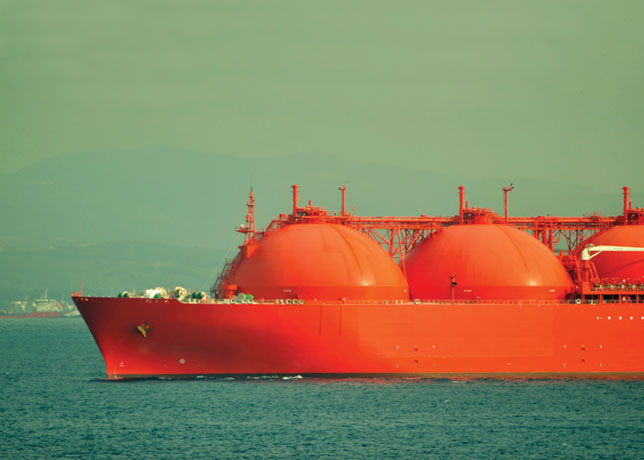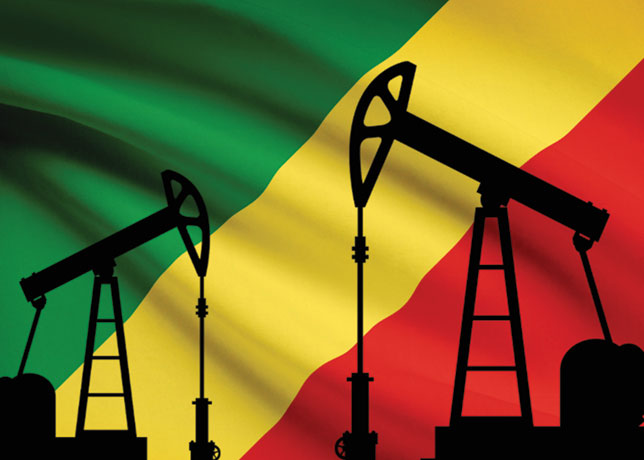
 Africa positioning itself as a key LNG market
Africa positioning itself as a key LNG market
Africa's upstream oil and gas sector is experiencing a surge in investment, driven by an $800-billion capital expenditure program targeting LNG and deep-water oil projects.
This significant funding is set to enhance Africa’s LNG production as global gas demand rises.
Mozambique is a leader in this expansion, with TotalEnergies' $20-billion Mozambique LNG project expected to produce 12.8 million tonnes of LNG annually by 2028. Eni's Coral Norte and ExxonMobil's Rovuma LNG projects are also progressing, with final investment decisions (FID) anticipated by 2025.
Mozambique's gas sales reached $1.7 billion in 2023, largely due to the Coral Sul FLNG project's startup in November 2022.
Nigeria is advancing its LNG capacity with the NLNG Train 7 expansion, which will increase output by 35 per cent, adding about 8 million tonnes per year.
In June 2024, the Nigerian National Petroleum Corporation signed a Project Development Agreement with Golar LNG to deploy an FLNG vessel in the Niger Delta, aiming to monetise 400-500 million standard cu ft of gas daily, with FID expected by Q4 2024.
In West Africa, Equatorial Guinea's Gas Mega Hub initiative is establishing the country as a key LNG player, with Marathon Oil securing an LNG sales agreement for the Alba field.
The Greater Tortue Ahmeyim LNG project, spanning Mauritania and Senegal, is expected to start production by Q4 2024 with a capacity of 2.3 million tons per year.
Southern Africa is also seeing growth, with Angola advancing its LNG projects and South Africa developing the Virginia Phase 2 project and the Port of Ngqura FLNG project.
These developments position Africa’s leading markets as crucial players in the global LNG industry.







































































